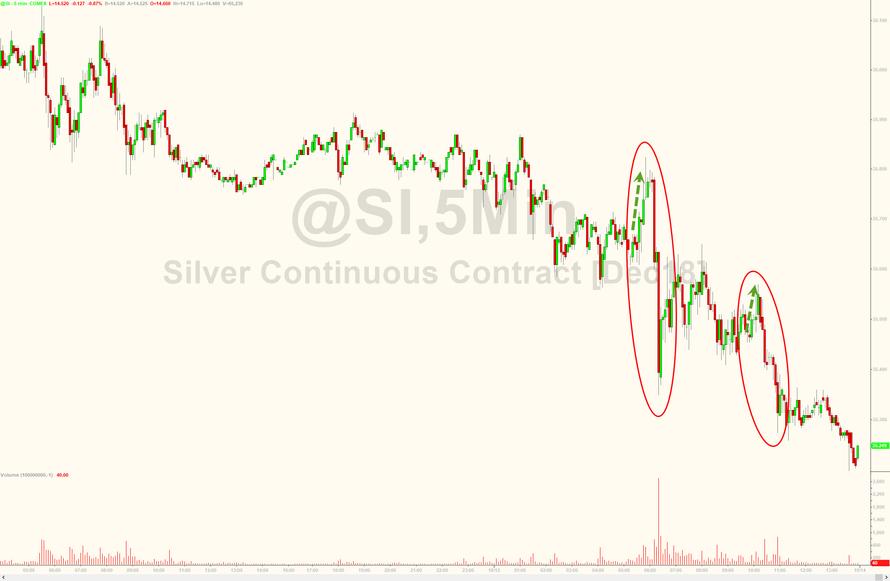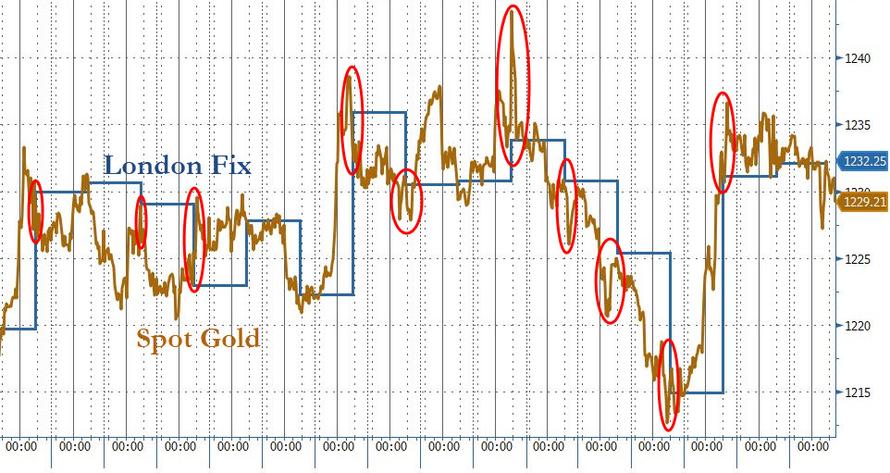God’s Word says that many people wander from the faith and pierce themselves with many griefs when they allow money to have an improper hold on their hearts. That’s why the Bible contains hundreds of verses on how God wants us to treat money, and this includes the lending of it.
Moses addressed this issue in the Old Testament. Essentially, the Israelites were not permitted to charge interest when they loaned money to an impoverished brother. They could, however, charge interest on loans made to foreigners. This rule was part of the Mosaic Law: “If you lend money to one of my people among you who is needy, do not be like a moneylender; charge him no interest” (Exodus 22:25; see also Psalm 15:5). This prohibition against charging interest actually included “food or anything else that may earn interest” (Deuteronomy 23:19). The purpose of the law was two-fold: an interest-bearing loan would only exacerbate the plight of the poor, and God promised a blessing on the gracious lender that would far surpass any interest he would make. Additionally, at the end of every seven years, creditors were to cancel all the debts they were owed by fellow Israelites (Deuteronomy 15:1).
There was a time when the merest mention of gold manipulation in “reputable” media was enough to have one branded a perpetual conspiracy theorist with a tinfoil farm outback. That was roughly coincident with a time when Libor, FX, mortgage, and bond market manipulation was also considered unthinkable, when High-Frequency Traders were believed to “provide liquidity”, when the stock market was said to not be manipulated by the Fed, and when the ever-confused media, always eager to take “complicated” financial concepts at the face value set by a self-serving establishment, never dared to question anything.
All that changed last November when a former JPMorgan precious-metals trader admitted he engaged in a six-year spoofing scheme that defrauded investors in gold, silver, platinum, and palladium futures contracts. John Edmonds, then 36, pled guilty under seal in the District of Connecticut to commodities fraud, conspiracy to commit wire fraud, commodities price manipulation, and spoofing. As FBI Assistant Director in Charge Sweeney explained that “with his guilty plea, Edmonds admitted he intended to introduce materially false and misleading information into the commodities markets.”
“The Criminal Division is committed to prosecuting those who undermine the investing public’s trust in the integrity of our commodities markets through spoofing or any other illegal conduct.”
“By conspiring with his trading partners to place spoof orders, he blatantly attempted to profit off of an unfair market that he helped create. The FBI will continue to work with our partners to insure financial markets remain a level playing field for all investors.”
Then, one month ago, Corey Flaum, who worked as a trader at Bear Stearns and Bank of Nova Scotia, also admitted to precious metals manipulation, saying he placed thousands of bogus orders for futures contracts over a nine-year period.
Now it’s #3.
Christiaan Trunz, another former JPMorgan metals trader, pleaded guilty on Tuesday to conspiracy and to manipulating prices in the precious-metals market as part of the U.S. government’s continuing crackdown on bogus spoofing trades.
Trunz, 34, admitted during a hearing in federal court in Brooklyn, New York, that he also used spoofing to manipulate precious metal prices and to extract a profit while he worked at Bear Stearns and at JPMorgan between 2007 to 2016. He pleaded guilty to in connection with a specific spoofing incident on June 2016.
While Trunz could face a maximum prison term of as long as 135 months when U.S. District Judge Pamela Chen sentences him in February, he will likely get away with a fine and a warning never to rig the precious metals market again.
As we discussed last November, this is how Edmonds and his fellow precious metals traders at the Bank – one of whom would turn out to be Trunz – spoofed the market :
This trading strategy was admittedly intended to inject materially false and misleading liquidity and price information into the precious metals futures contracts markets by placing the Spoof Orders in order to deceive other market participants about the existence of supply and demand.
The Spoof Orders were designed to artificially move the price of precious metals futures contracts in a direction that was favorable to Edmonds and his co-conspirators at the Bank, to the detriment of other market participants.
In pleading guilty, Edmonds admitted that he learned this deceptive trading strategy from more senior traders at the Bank, and he personally deployed this strategy hundreds of times with the knowledge and consent of his immediate supervisors.
Justice describes one such ‘spoof’ that occurred on October 12, 2012
“Edmonds knowingly executed the scheme and artifice by transmitting and causing to be transmitted to a CME Group server an offer to sell approximately 402 silver futures contracts (“Spoof Order”), with the intent, at the time the offer was entered, to cancel the offer before it could be executed, which fraudulently represented the state of the market, so that Edmonds could purchase approximately 6 silver futures contracts at a below-market price.
Edmond’s ‘Spoof Order’ caused other market participants to react and trade at prices, quantities, and times at which they otherwise would not have traded, but for EDMONDS’s Spoof Order.”

It’s not like ‘manipulation’ ever stopped, however – one glance at the ‘odd’ price action almost every day around the time of the London Fixmakes it clear, it is anything but a ‘normal’ market:

We’ll give U.S. Attorney Durham the last word (bearing the chart above in mind):
“The investigation of deceptive trading practices by others involved in this scheme is ongoing.”
The DoJ ends its statement with the following: “Individuals who believe that they may be a victim in these cases should visit the Fraud Section’s Victim Witness website for more information. “ Source
In the New Testament, Jesus tells us not to “turn away from the one who wants to borrow from you” (Matthew 5:42). He applied this principle even to our enemies in their time of need: “But love your enemies and lend to them without expecting to get anything back. Then your reward will be great” (Luke 6:35, emphasis added). Indeed, there are numerous passages throughout the Bible exhorting us to have a generous and giving heart, especially to the less fortunate. Moses taught his people, “If there is a poor man among your brothers in any of the towns of the land that the LORD your God is giving you, do not be hardhearted or tightfisted toward your poor brother. Rather be openhanded and freely lend him whatever he needs” (Deuteronomy 15:7-8).
The clear teaching of the Bible is that God expects His children to act righteously when lending money. And it helps us to remember that our ability to produce wealth comes from God (Deuteronomy 8:18) and it is God who “sends [both] poverty and wealth; He humbles and He exalts” (1 Samuel 2:7). Now, there is nothing wrong with legitimately loaning money and expecting to be repaid at a fair rate of interest (Psalm 37:21; Proverbs 28:8). Yet we need to remember that the Bible’s teaching on money matters also includes borrowing money and indebtedness. Although the Bible does not expressly forbid borrowing money, it doesn’t encourage it, either. It is not God’s best for His people, as debt essentially makes one a slave to the lender (Proverbs 22:7). God would rather have us look to Him for our needs than rely on lenders. Additionally, as the psalmist makes clear, we are to repay our debts (Psalm 37:21). When we loan money to someone, we increase that person’s debt load and make it easier for him to stumble.
Someone once said, “Before borrowing money from a friend, decide which you need most.” There is no doubt that friendships have been strained or even lost due to the lending of money. Yet, if both parties stay within biblical parameters, there shouldn’t be a problem. Nonetheless, to forego jeopardizing a relationship you value, in some situations a gift may be better than a loan. God expects His children to give to those in need, so we give of our time, talents and treasure. As Jesus taught us, “Give, and it will be given to you. A good measure, pressed down, shaken together and running over, will be poured into your lap. For with the measure you use, it will be measured to you” (Luke 6:38).
StevieRay Hansen
Editor, Bankster Crime
The people spreading concrete information on the dangers of globalism are accomplishing far more than those sitting around buying bitcoin or passing around Q-cult nonsense.
MY MISSION IS NOT TO CONVINCE YOU, ONLY TO INFORM…
#Fraud #Banks #Money #Corruption #Bankers
“Have I therefore become your enemy by telling you the truth?”


![]()


